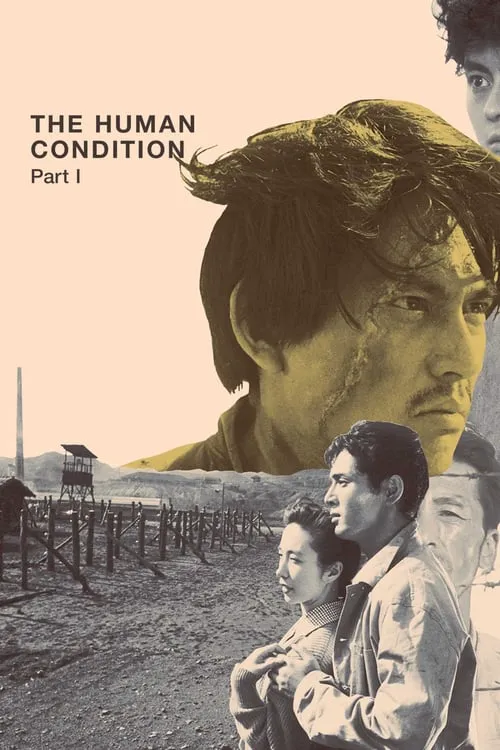The Human Condition I: No Greater Love

Plot
The Human Condition I: No Greater Love, directed by Masaki Kobayashi, is a powerful and poignant film that delves into the struggles of a Japanese man, Kaji, living and working in Manchuria during the second Sino-Japanese War. As a labor chief, Kaji is tasked with overseeing the operations of a large mining operation, but his vision for a more humane and fair treatment of the Chinese laborers clashes with the interests and ideologies of the Japanese government and those in charge of the operation. As the film begins, we see Kaji, a kind and compassionate man, and his newly-wed wife Michiko, starting their life together in Manchuria. Kaji is initially presented as an idealistic and naive young man who believes that he can make a difference in the life of the laborers. He is driven by a strong sense of justice and a desire to improve the lives of those who are being exploited by the ruthless Japanese officials. However, as Kaji becomes more immersed in the operations of the mining company, he quickly realizes that his ideas of humane treatment are not aligned with the interests of those in power. The officials, led by a cunning and ruthless leader, are more concerned with maximizing profits and maintaining control over the laborers than with ensuring their well-being. The foremen are cruel and brutal, taking pleasure in inflicting pain and suffering on the laborers. The tension between Kaji's ideals and the harsh realities of the operation becomes increasingly acute as he attempts to put his ideas into practice. He begins to make changes, however small, in the way the laborers are treated, such as providing them with more food and better living conditions. But these efforts are met with resistance and hostility from those who fear that his actions will lead to a decrease in productivity and profits. As Kaji navigates this treacherous landscape, he is also confronted with the reality of the war effort and the impact it has on the laborers and the civilians. The film does not shy away from depicting the brutalities and atrocities committed by the Japanese military, and Kaji is often forced to witness these events firsthand. Throughout the film, Kaji's character undergoes a significant transformation. Initially portrayed as an idealistic and naive young man, he becomes increasingly disillusioned and bitter as he confronts the harsh realities of the operation. His relationships with the laborers also change, as he begins to see them not just as faceless workers, but as human beings with their own stories and struggles. Despite his efforts to make a difference, Kaji is ultimately forced to confront the reality that he is part of a larger system that is beyond his control. His attempts to reform the operation are met with resistance and hostility, and he is eventually forced to make a difficult choice between his ideals and his own survival. The Human Condition I: No Greater Love is a powerful and thought-provoking film that challenges viewers to confront the harsh realities of war and the exploitation of others. Through Kaji's story, the film highlights the complexities and nuances of human nature, and the ways in which individuals can become complicit in systems that are beyond their control. The film is a testament to the power of human empathy and compassion, and a reminder of the importance of standing up for what is right, even in the face of overwhelming odds.
Reviews
Recommendations




